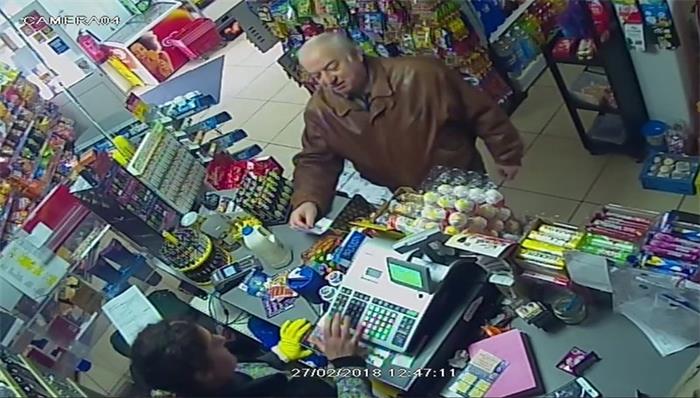Russia demands access to spy it is accused of poisoning


Russia's Ambassador to Britain Alexander Yakovenko demanded British authorities give Russia access to former double-spy Sergei Skripal and his daughter Yulia on Friday, hours after the father was released from hospital.
Yakovenko was briefing international media in London on Friday, more than two months after the Skripals were poisoned on March 4 in the English city of Salisbury. The UK and its allies have accused Russia of complicity in the poisoning of the Skripals.
“We saw their pictures, but we have not heard their voices, we don’t know if they are alive. If we see them and they say, ‘I don’t want your services’, then that is okay,” Yakovenko said.
He stressed that Russia’s demand is “not something extra” because according to international laws all countries have the right to see their citizens.
The Salisbury attack has pushed relations between Britain and Russia to a new low over the past months. Britain and some other countries have accused Russia of the attack, but Russia rejected the claim.
Britain’s own investigation found that the Skripals were poisoned with a military-grade nerve agent from the Novichok group, which Russia developed and Britain says it continues to stockpile. The identity of the poisoning substance was subsequently confirmed by international chemical weapons watchdog Organization for the Prohibition of Chemical Weapons.
However, the OPCW did not assign the blame to any country.
Yakovenko has urged Britain to implement more “transparency” in its investigation, stressing that Britain has so far presented no concrete evidence in the public domain to prove Russia of the act.
Tension surrounding the incident impacted diplomatic circles across the world, including the United Nations. As Russia and the UK each stand firm on their own versions of truth, there is increasing anticipation to hear the Skripals’ own version of the story, which is so far not in the public domain.
Previously, in April, Yulia was released from hospital. In a statement released by the British police, Yulia rejected overtures from Russian officials who want to speak to her.
But Yakovenko said Russia cannot be sure that Yulia's rejection is genuine, and repeated Russia's demands to see the Skripals. “We have every reason to see such actions as the abduction of two Russian nationals,” he said.
Earlier this week, Sergei’s niece, Viktoria Skripal, has been refused a visa to visit Britain for a second time by the UK’s Home Office, on the grounds that Julia has publicly said she did not wish to see her cousin.
Yakovenko said Russia will continue to demand access to the Skripals, and Britain should grant access in accordance to international conventions.
Contact the writer at [email protected]
































